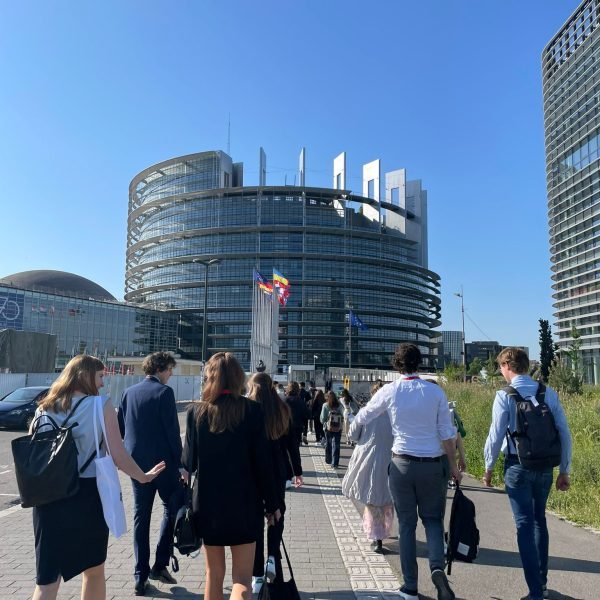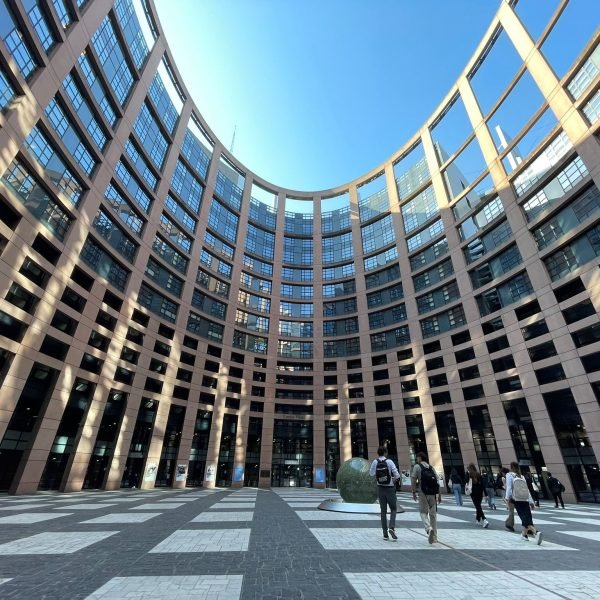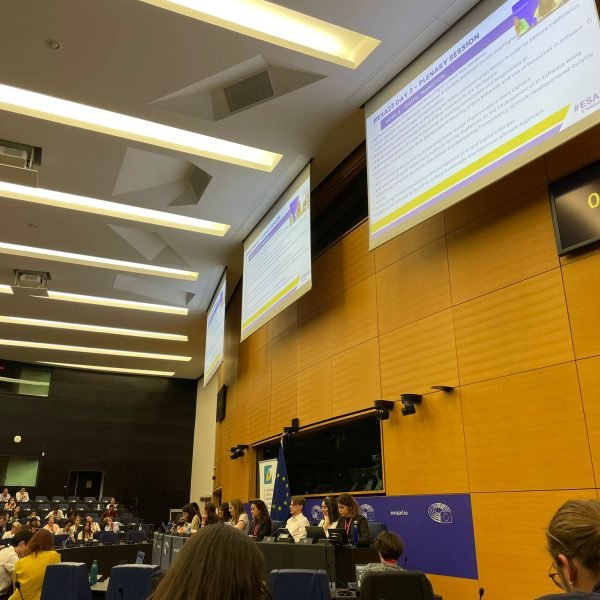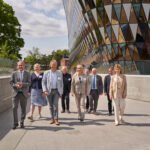The European Universities Community launched the second edition of the European Student Assembly (ESA). The ESA is a project that gathers 230 students from most European University Alliances (EUA) each year to debate current issues, draft political recommendations for the future of Europe, and advocate them among stakeholders and decision-makers.
NeurotechEU belonged to one of the 40 participating European University Alliances. NeurotechEU student Rosie Zheng from Radboud University tells us about her experience.
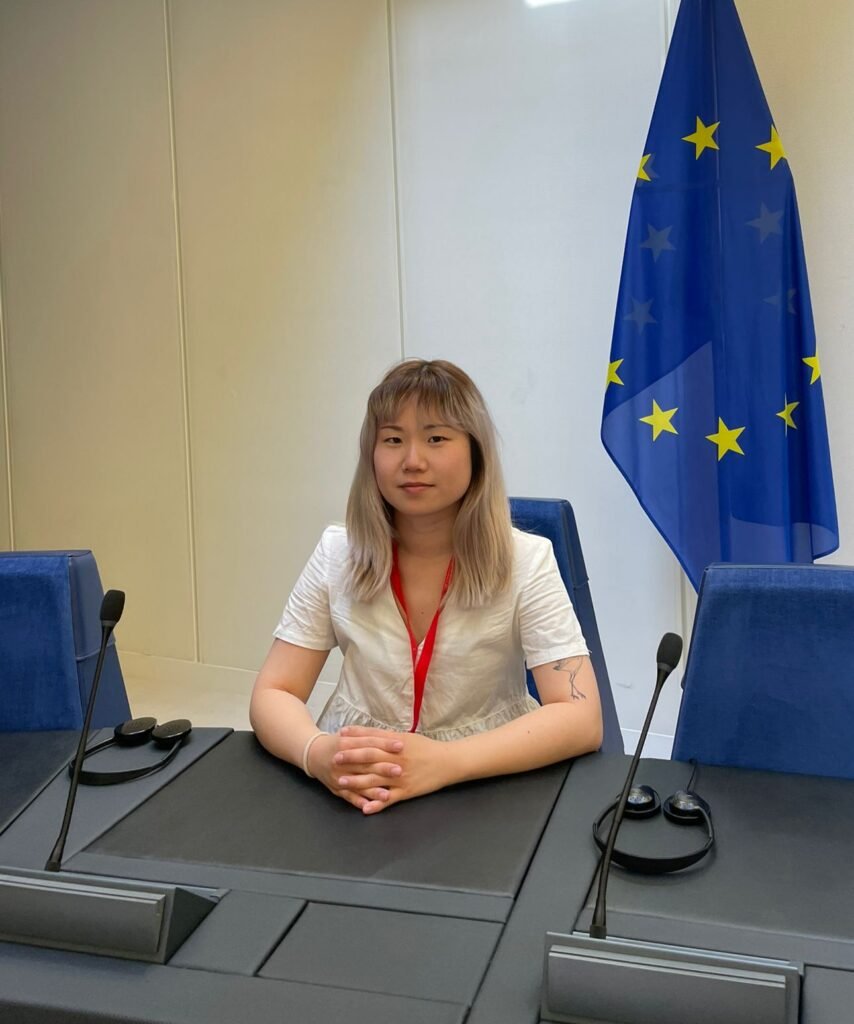
”Around the end of February, I received the exciting news that I had been selected to participate in the European Student Assembly 2023. Along with 20 other students, I was selected for Panel 6: Digital Transition.
On the 16th of March, we had an online onboarding session in which we were provided with all the information needed to start the Preparation Phase. This session covered the important details about how to proceed forward, about EUC and ESA, and it allowed me to meet other participants, my Panel Coordinators, and members of the organising team.
With our panel coordinators, we discussed the event, brainstormed about the topic, pointed out themes within the topic, created provisional policies and voted on which themes and policies to continue with. We ended up with three themes: Education, Regulation, and Sustainable Artificial Intelligence (AI), Ethics & Future of Work. I chose Sustainable AI, Ethics & Future of Work, and focused on the Sustainable AI part since AI is my field of expertise.
During the event, it inspired me that the people I worked with were culturally and academically diverse. ESA 2023 was an impressive experience with impressive people. It showed me the power of both intercultural and interdisciplinary collaboration within Europe, which is needed to provide inclusive policies for everyone within the EU.
Rosie Zheng
Because of our preparatory meetings, we came prepared for the event at the European Parliament in Strasbourg. On the first day of the event, one of our panel coordinators delivered the pitch/problem statement related to our panel’s work. We worked out our recommendations on the second day following the provided template. Moreover, we needed to add a clear summary of our recommendations which contained summaries from the other panels. This facilitated understanding and enabled easy reference to our work by other participants and stakeholders and could be used as an overview for the plenary voting session on the third day. For the voting procedure, we received the entire assembly’s recommendation on the second day in the evening as preparation. The policy recommendations can be assessed here: The second edition of the European Student Assembly
During the event, it inspired me that the people I worked with were culturally and academically diverse. Already on the smallest scale, within the Sustainable AI policy drafting, I was working with someone from France who studied International Relations and someone from Poland who studies Chemical Engineering. Our different expertise backgrounds combined resulted in holistic policies on this part. Besides our views, we also needed to discuss with the people working on Ethics and the Future of Work, Regulation, and Education. Our main focus was on tackling raw material scarcity, and it was interesting to experience how many fields of expertise are necessary to tackle this problem. As a panel, we also exchanged ideas with other panels during the lunch breaks. I met people from many European countries, each being impressive by combining their field of expertise with their ideals to build a fairer and better world for its inhabitants.
ESA 2023 was an impressive experience with impressive people. It showed me the power of both intercultural and interdisciplinary collaboration within Europe, which is needed to provide inclusive policies for everyone within the EU. Even though the project is still in its early stages, I am hopeful for what it will bring and am positive about its development.”
By Rosie Zheng
